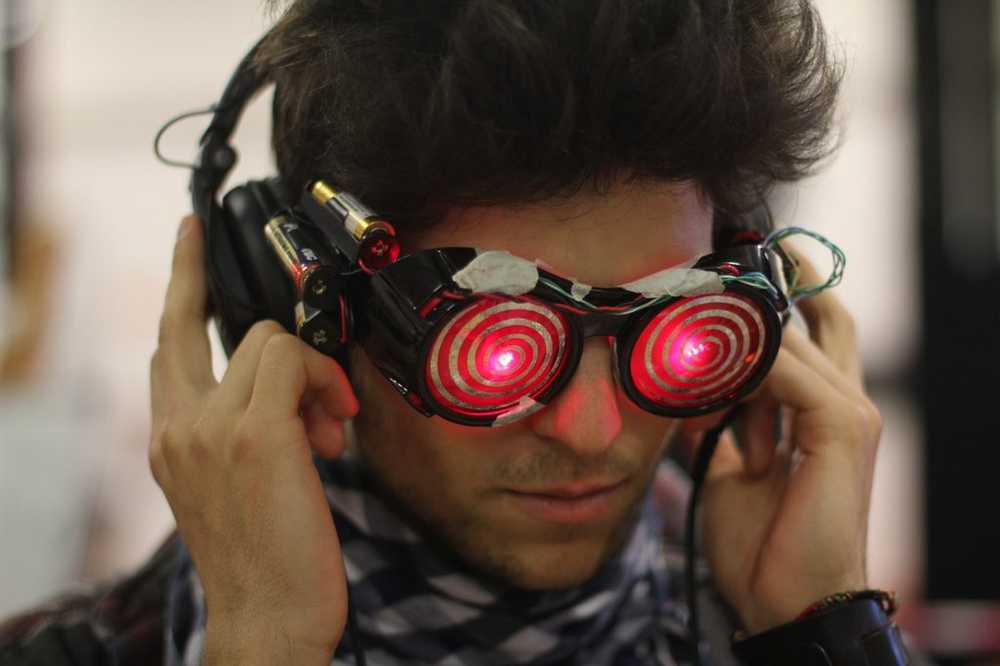
Robert Barton
0
2174
305
Memory is an essential human skill, relied upon on as a second-to-second basis for survival, yet still mysterious and poorly understood. Here are 9 things you don't know about it, that you'll wish you knew sooner.
1. Memory is enhanced by forgetting things first.
Conventional wisdom says that if you want to remember something, you should repeat it often, and keep it fresh in your memory. Husband and wife research team Robert and Elizabeth Bjork out of UCLA suggest otherwise. According to their research,
You need to forget a new piece of information at some level before remembering it in order to make that memory robust over time.
The more a new memory fades before you go looking for it, the more it's subsequent “retrieval strength” improves.
2. Memory thrives on storytelling.
In his 2012 bestseller, Moonwalking with Einstein, Joshua Foer tells tall tales of memory champions recalling entire randomly shuffled decks of playing cards, from memory in less than a minute. How do they accomplish these miraculous feats? They get really good at telling memorable stories to themselves while weaving in what they're trying to remember. Because the human brain is built for storytelling, Advertising
The more things you can link together into a narrative, the more readily you'll be able to recall them later on.
3. Memory is supercharged when new information is visual.
What do we typically associate with learning new technical information? That's right, textbooks. But the least effective component of textbooks may just be the “text” itself. Yes, we generally find it easier and faster to process information in visual form (if you've ever thought to yourself, “I'll just wait for it to come out as a movie,” you know what I'm talking about). But does it help us learn better? Richard Mayer, psychology researcher at UCSB, indicates yes. His research demonstrates that:
Text paired with a relevant visual significantly improves the amount of information retained by novice learners.
4. Memory is made robust by a rich environment.
Some people swear they can write better in the coffee shop with the low hum of conversation. This may be true. As Benedict Carey indicates in his recent bestseller, How We Learn, a large body of psychology research shows that:
Studying in a diverse range of environments can actually improve the robustness of your ability to recall that information in the future. Advertising
It turns out, “find a quiet place to concentrate” may not be the best advice if you're trying to build a memory that will stand the test of time.
5. Memory is not all about repetition.
You've heard it before: “Practice makes perfect.” In reality, this common phrase should be updated to say: “A specific type of difficult practice makes perfect.” Back to the Bjork research team again - they found that:
Repetition is key, but is most powerful when “interleaved” with unrelated information to make the brain work harder.
This forces us to have to go back and “retrieve” that information from our long-term memory stores each time we do it, strengthening that neural connection for future use much more than simply repeating something over and over (which offloads some of the work to your short-term memory). So when it comes to practice, there is a level of “desirable difficulty,” as they call it, to any task that will make it much easier to recall in the future.
Read Next

10 Warning Signs of Low Self-Esteem and a Lack of Confidence

10 Ways To Step Out Of Your Comfort Zone And Overcome Your Fear

The Lifehack Show Episode 3: Why Validation is Key to Lasting Relationships
Scroll down to continue reading article6. Memory uses procrastination as an important tool.
How many times have you gotten frustrated with yourself for procrastinating on an important assignment? Well don't get too upset, because research indicates that procrastination is actually an important tool for getting things done. When we're not actively focusing on something, it allows your subconscious to work on ideas in the background while you do other things. This effect is particularly noticeable during menial tasks (ever wonder why you get so many eureka moments in the shower?) and sleep. Bottom line: Advertising
Your brain needs time to integrate new ideas with existing memory, allowing them to percolate and connect.
7. Memory relies on your brain to “fill in the gaps.”
When a memory gets stored in your brain you retain its key features (the shape of someone's face, what shoes they were wearing, how hard the wind was blowing), but most else is pretty much a blur. But what happens when someone asks you what the clouds looked like that day?
When faced with a fuzzy aspect of a memory (or one that wasn't actually stored in the first place) your brain tends to “fill in the gaps” with what it “thinks” most probably was the case.
That's why eye-witness accounts are so unreliable. Each time a witness is asked to describe what they saw (apart from the fact that people tend to see what they want to see), their memory is immediately contaminated with new information that is being transplanted into the past.
8. Memory gets broken up in bits and pieces in different parts of your brain.
The most common analogy for information storage in the brain is that of a computer. A new string of bits gets written in a particular location, and stored in the hard drive. Turns out, that's not really how it goes. Advertising
Your memory is more like a distributed filing system.
Smells go over here. Emotional intensity goes down there. Visual information gets stored here. And then it's the job of the hippocampus to pull everything back together. To remember it in the same way your brain has to pull everything back together, like a puzzle.
9. Memory gets prioritized by emotion.
Ever wonder why your most vivid childhood memories usually involve an intense emotion (fear, rejection, elation, pride)? As John Medina, author of Brain Rules explains:
Emotions “attach themselves” to new information in the brain, acting as an indicator of importance.
The stronger the intensity, the more clearly and readily you'll be able to recall that memory.
Featured photo credit: Johan Bichel Lindegaard via flickr.com











